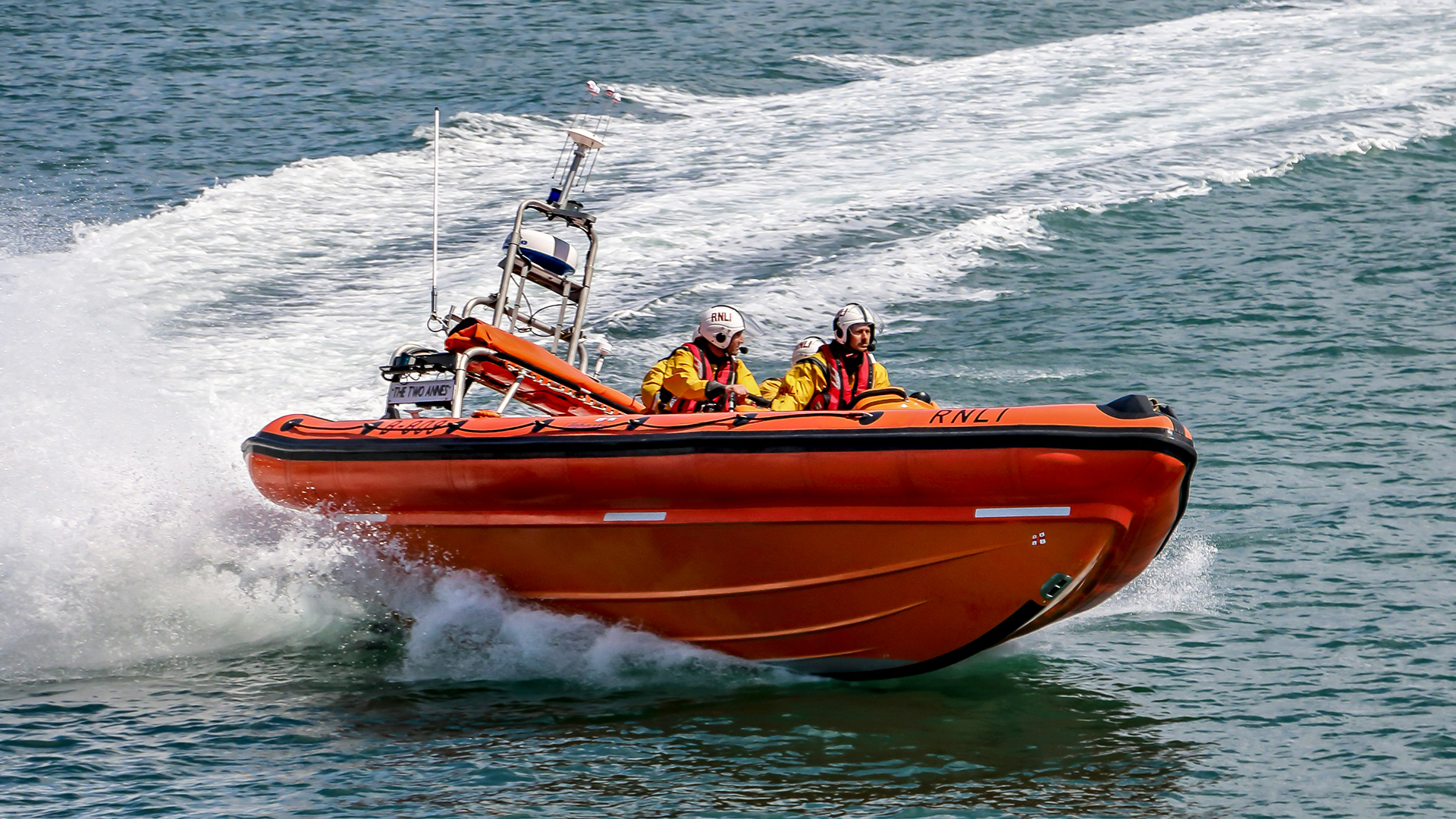The first six weeks of the Suevic’s voyage from Australia to Liverpool were uneventful – but on 17 March 1907, the ship sailed into a fog and ran aground on a reef off the Cornish coast. For 16 stormy hours, 60 crew members from the Royal National Lifeboat Institution (RNLI) battled to bring all 456 of the people on board safely back to land. Every one of the rescuers was a volunteer. Not a single life was lost.
The Suevic rescue was unusual in its scale – no other single RNLI operation has saved so many lives – but not its type. In its two hundred year history, the charity’s lifeboats and lifeguards have saved over 144,000 people. Its crews rescued sailors whose ships were torpedoed in the First World War; they crossed the Channel to help evacuate Dunkirk during the second. By 2021, the RNLI was on average saving more than one person a day. Its volunteers are, by any objective standard, heroes.
All of which raises the question of how large chunks of the British right came to decide they’re the baddies.
Nigel Farage’s description of the RNLI as a “migrant taxi service”, really just meant it stops vulnerable people drowning in the Channel. The Mail on Sunday raged against its operations outside British waters, under the headline “RNLI buys burkinis for Africans as it axes 100 UK jobs”. In response, the charity was attacked by Tory MPs Nigel Evans, Andrew Bridgen and Lee Anderson, only one of whom has not since been thrown out of the party.
When the Tories came to office in 2010, David Cameron promised the “little platoons” of the “Big Society” would remake the state. Today, his successors attack volunteers who not only put themselves in harm’s way to save lives, but do so under a royal charter. It’s all very odd.
The RNLI is not the only faintly conservative charity the right has turned against, of course. The National Trust, too, has faced attacks from Tory MPs for its willingness to admit that bits of British history were not entirely brilliant, even though it’s a heritage charity associated with stately homes and suits or armour whose core market consists of retired people who like a nice cream tea.










